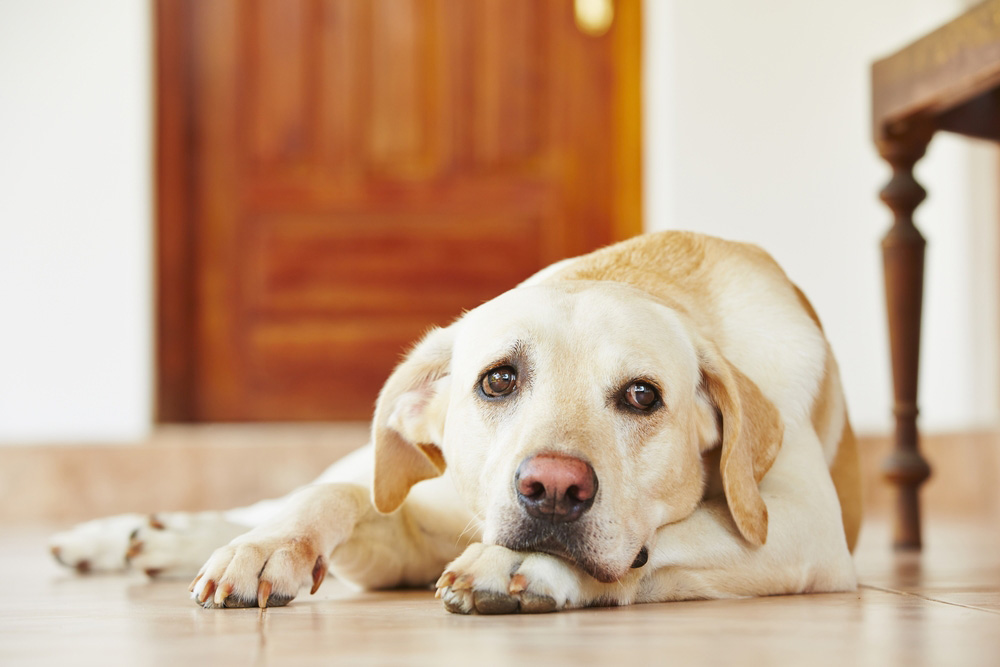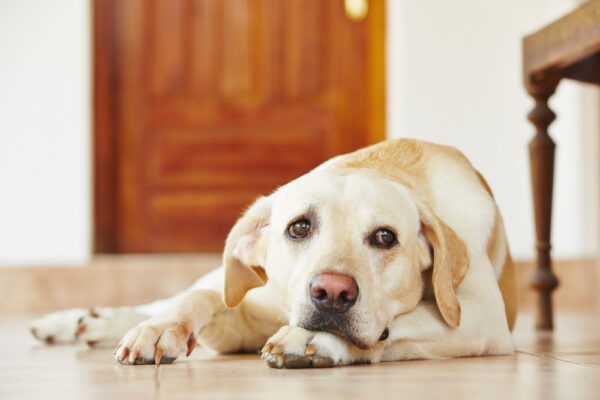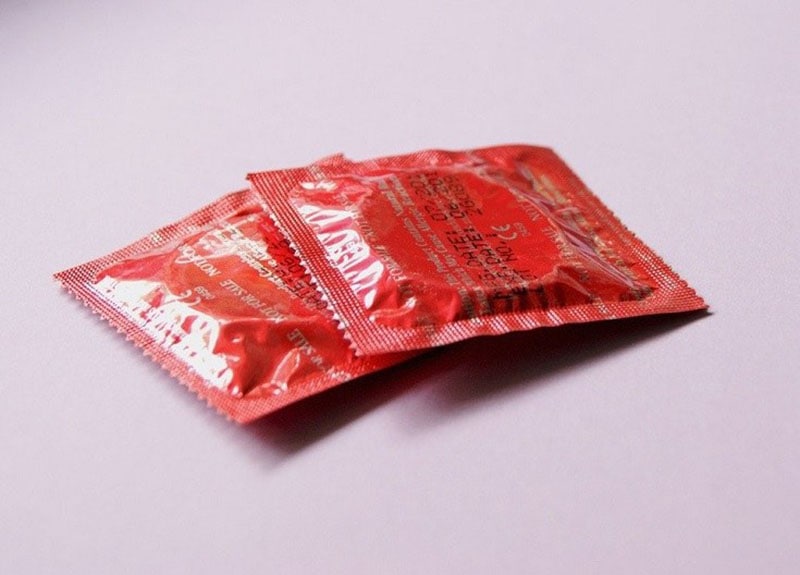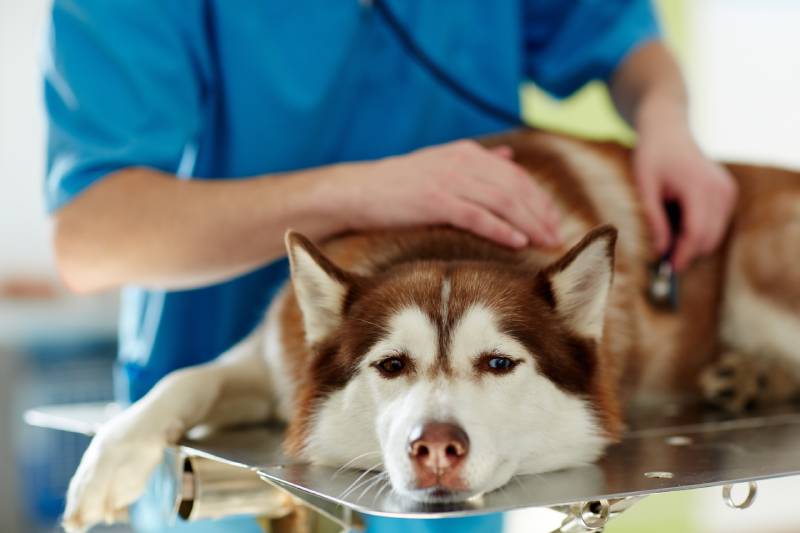Click to Skip Ahead
Almost all dog owners will have encountered dog diarrhea at some stage in their dog’s life. There is a variety of different things that can cause diarrhea in puppies and dogs. Luckily, the majority of cases are mild and self-limiting, and will often resolve on their own.
It is still important for owners to be aware that some cases of diarrhea in dogs can have a very serious underlying cause and require veterinary attention. Read on to find out everything you need to know about diarrhea in dogs.

What Is Dog Diarrhea?
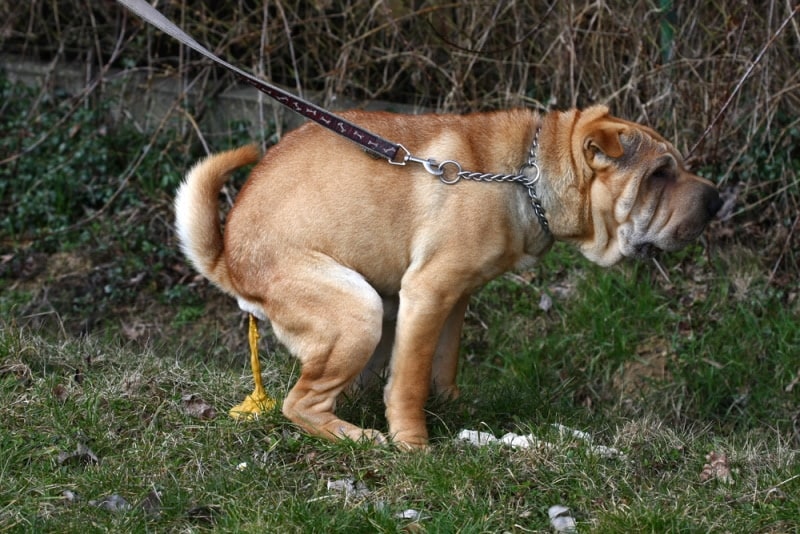
Dog diarrhea is the passage of loose, watery feces at a higher frequency than usual for your dog. Usually, large amounts of loose or unformed stools are passed at once. Diarrhea is not a disease in itself; it is a clinical sign of lots of different diseases.
It can be a stressful and messy situation for both owners and dogs. Some cases are mild and do not cause any long-term issues, others are signs of serious underlying health issues that need to be addressed. The type of diarrhea associated with minor conditions is often resolved in a short space of time with little intervention required from your vet.
Diarrhea associated with serious underlying health issues may require intensive treatment and supportive care, some cases may even result in death if left untreated.
- Acute diarrhea is more commonly seen and is often a short-term issue. It is often caused by infections or dietary indiscretion.
- Chronic diarrhea is a persistent issue that lasts for weeks or more. This can be caused by more serious issues such as inflammatory bowel disease, food allergies, or cancer.
What Are the Signs of Dog Diarrhea?
In most dogs, diarrhea will be easy to spot as often dogs will have little control over what they are passing.
- Lose consistency: Owners will notice their dog will be passing stools that are runnier than usual and lacking their usual firm shape.
- Increased frequency: Owners will report their dog is passing feces more often than usual. They may be going several times in the space of an hour.
- Increased volume of feces: Often owners will report a large increase in the volume of feces passed.
- Blood or mucus present: In many cases, your dog’s diarrhea may have blood or mucous present. There may be bright red ‘frank’ blood, streaks of blood, or dark, red-tinged blood. This can be a sign of more serious underlying health issues and requires immediate veterinary assistance.
- Straining while passing feces: Dogs may display straining, or discomfort when trying to defecate.
- Reduced appetite: Your dog may not be as interested in their food as usual.
- Vomiting: Often vomiting and diarrhea are seen together if there are gastrointestinal issues present.
- Dehydration: Diarrhea can often lead to dehydration if your dog is losing more fluids than they are taking in. This is even more likely in very young puppies and elderly dogs.
- Lethargy/depression: Dogs can often be unwell with diarrhea and have a systemic issue that causes them to have reduced energy and move around less.

What Are the Causes of Dog Diarrhea?
Diarrhea occurs due to the gastrointestinal tract not functioning as it should. There are many causes of diarrhea. The most common ones are listed below:
1. Food Allergies
Dogs can react to certain components in their food and have an allergic reaction. Often, they will experience diarrhea and itchy skin in conjunction with each other.
2. Abrupt Changes in Diet
If you suddenly change your dog’s diet this can cause an upset stomach which may result in diarrhea.
3. Dietary Indiscretion
If your dog has eaten some they shouldn’t have, such as table scraps of fatty, greasy food or a new food type, this can cause diarrhea.
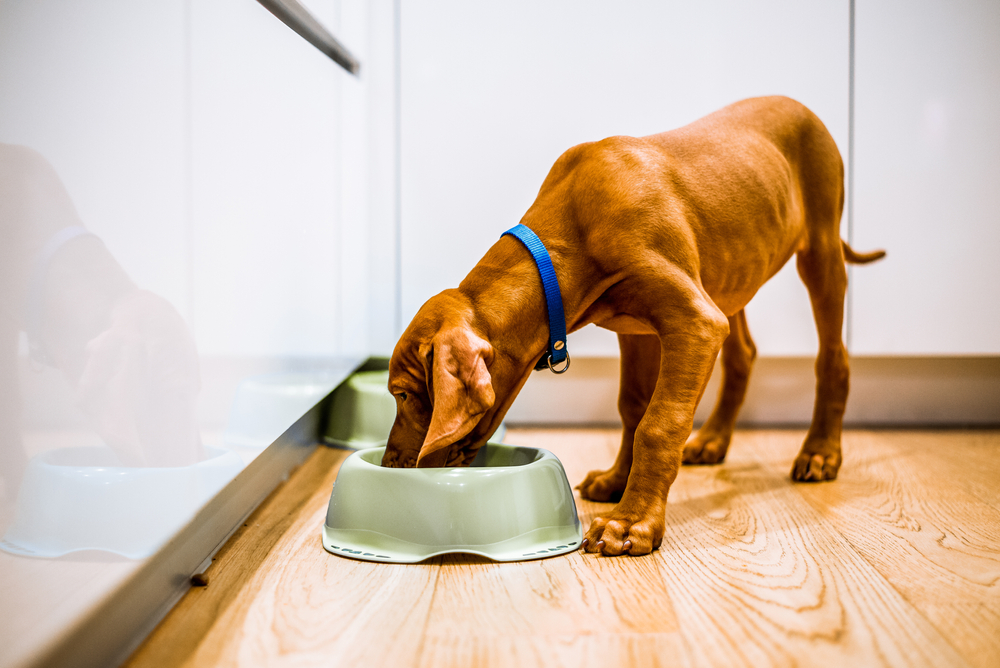
4. Parasites
Gastrointestinal parasites such as worms or protozoan parasites such as giardia can cause diarrhea. Coccidia can cause watery diarrhea, especially in puppies.
5. Infections
Many different infections can cause diarrhea. Parvovirus often affects puppies and causes severe diarrhea and vomiting with blood present. Distemper virus and coronavirus also cause diarrhea. Bacterial infections such as E. coli, Campylobacter, and Salmonella typically cause bloody diarrhea too.
6. Colitis
This occurs when parts of the large intestine become inflamed and absorption issues develop, amongst other things. This results in diarrhea.
7. Hemorrhagic gastroenteritis (HGE)
This is a condition that results in diarrhea and vomiting with large amounts of blood in.

8. Foreign Body
Dogs can sometimes eat foreign materials they aren’t supposed to. The body cannot digest these, so often they become lodged somewhere along the gastrointestinal tract and cause a blockage. Your dog will be in a considerable amount of pain. This is a medical emergency and requires immediate veterinary attention.
9. Inflammatory Bowel Disease (IBD)
This is a disease that causes chronic inflammatory changes in the intestines which results in long-term issues with diarrhea.
10. Pancreas Disease
The pancreas is an organ that helps your dog digest food. Inflammation of the pancreas (pancreatitis) can cause vomiting and diarrhea. It can be a very painful condition.
Exocrine pancreatic insufficiency is a disease that affects the functioning of the pancreas. Your dog will not be able to digest food properly. This can cause your dog to pass large amounts of very smelly diarrhea.
11. Liver Disease
The liver is a large organ, and many different things can go wrong with it. Often one of the first clinical signs of liver disease is diarrhea.

12. Kidney Disease
If there is a problem with the kidneys, this can cause waste products to build up in the body and irritate the lining of the intestines. This can cause diarrhea.
13. Cancer
Various cancers that affect the gastrointestinal tract and other parts of the body can result in diarrhea as a clinical sign.

Diagnosis of Diarrhea in Dogs
When diagnosing the underlying cause of diarrhea in dogs your vet will need to take a full clinical history and perform a physical exam. They will need to know details about diarrhea such as the color, smell, consistency, frequency, and if there is any mucus or blood present. They will usually take a blood and a urine sample and request a stool sample to analyze the feces.
Other tests that may be useful include X-rays, ultrasound scans, endoscopy, rectal swabs, fecal flotation tests, and bacterial culture. There are some specific tests for infections such as Parvovirus and Giardia your vet can do if they are suspicious of these. There are also more specific blood tests available to assess pancreas, liver, and kidney function if indicated.
It is important to remember that mild cases of diarrhea potentially will resolve on their own and may not require any treatment.
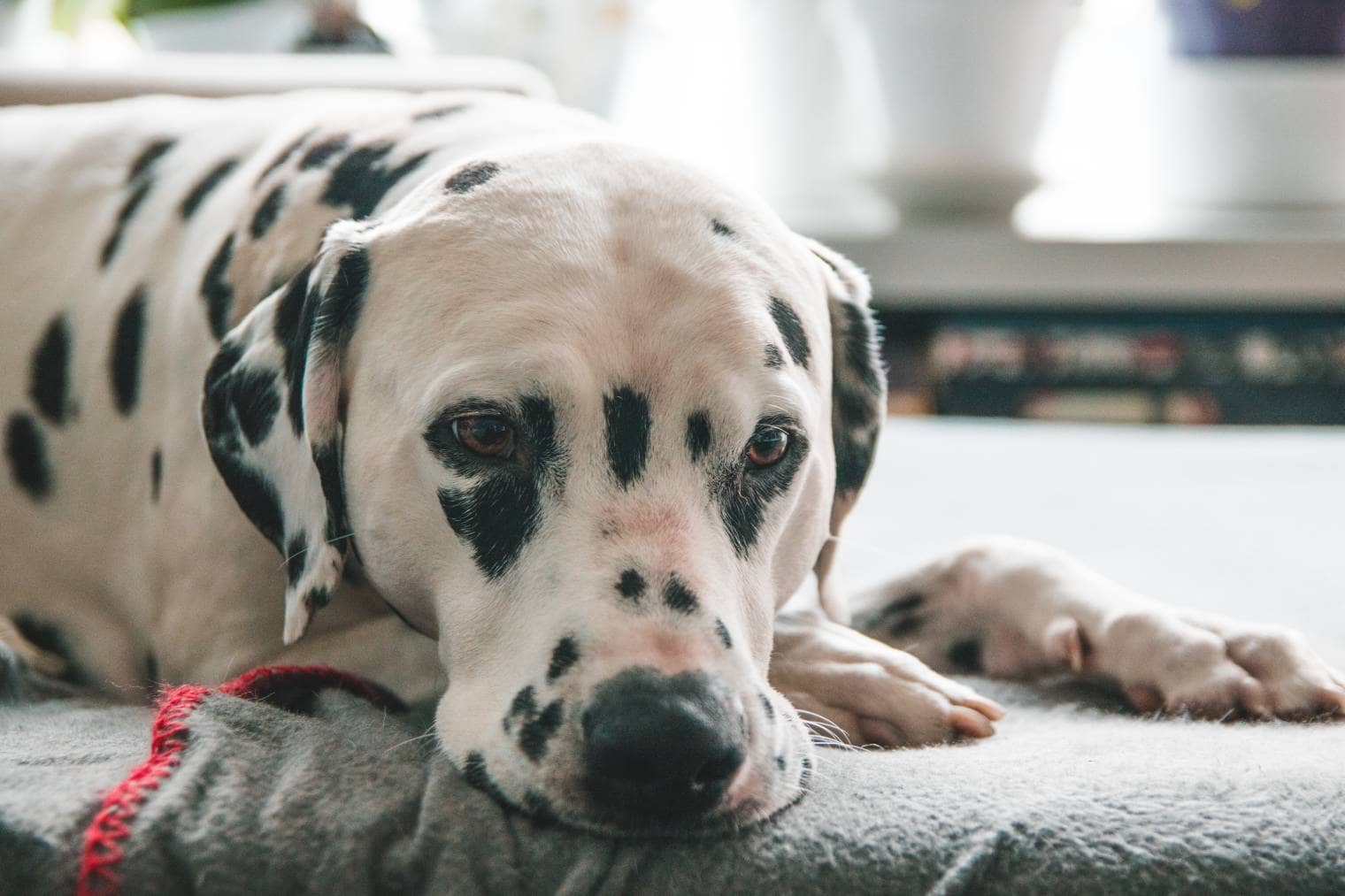
How Do I Care for a Dog with Diarrhea?
The treatment for diarrhea in dogs very much depends on the underlying cause.
Antibiotics will be prescribed if a bacterial infection is present, and antiparasitic medication will be prescribed if there are parasites identified. There is not usually a cure for viral infections, so supportive care and antiviral drugs are used to manage symptoms if this is indicated. Foreign bodies in the gastrointestinal tract will often require surgical removal under general anesthetic.
Other issues such as pancreas, liver, or kidney disease will require the underlying cause to be diagnosed and treatment will be tailored to the individual case.
Supportive care usually consists of fluids administered either subcutaneously or intravenously. Dogs can get dehydrated very quickly if they are passing a lot of diarrhea so it is very important to restore a normal hydration status and rebalance electrolytes. In some cases, probiotics can be useful to restore the bacteria in the gut.
In some circumstances, for example, if a food allergy has been diagnosed, a change in diet is indicated.
Frequently Asked Questions (FAQ)
When should I contact my vet?
If you are at all worried about your dog, it is always best to contact your vet to ask for advice.
In some mild cases of diarrhea that last for less than 24 hours, if your dog is otherwise well, it may not be necessary to seek veterinary attention.
- The diarrhea persists longer than 24 hours.
- Your dog has other health issues or is immunosuppressed.
- Your dog seems lethargic or depressed.
- Your dog is taking medication.
- Your dog is elderly or very young.
- There is blood present in the diarrhea.
- Your dog is off their food.
- Your dog is vomiting.
- Your dog seems in pain.
- Your dog is passing large amounts of diarrhea frequently.
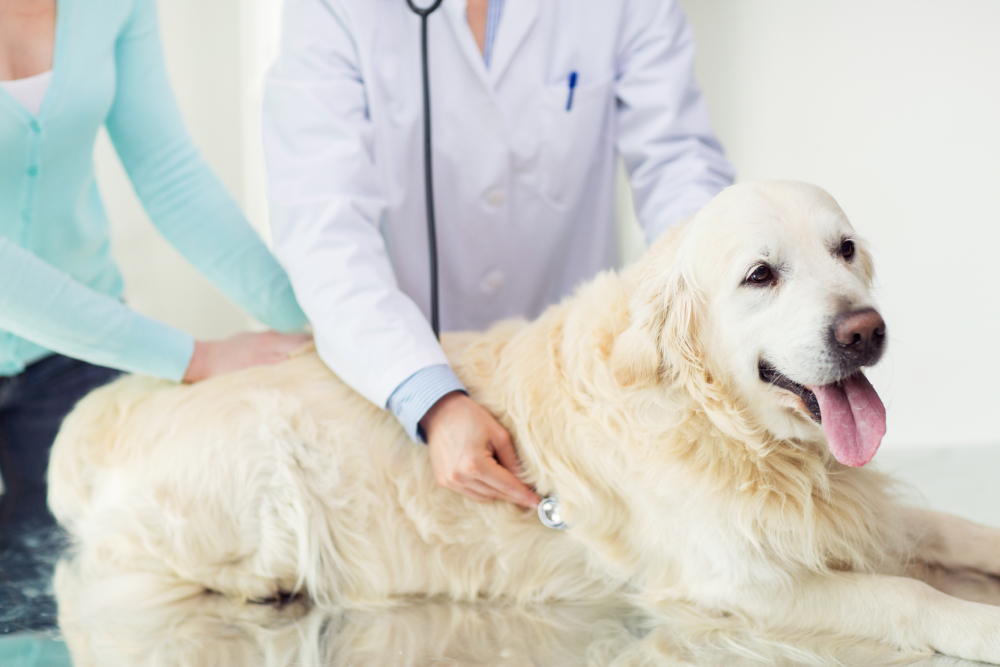
How can I prevent diarrhea in my dog?
Some causes of diarrhea cannot be prevented. There are, however, a few ways to reduce the risks of diarrhea for your dog.
- Parasite treatment prescribed by your vet.
- Keeping up to date with vaccinations.
- Regular vet health checks.
- Feeding a healthy diet and introducing new foods gradually.
- Keep your dog well hydrated.
- Limiting table scraps/preventing scavenging.
- Keep up with good hygiene practices.
Can I treat my dog at home if they have diarrhea?
For some mild cases of diarrhea, caused by dietary indiscretion or an abrupt change in diet, feeding a bland diet can sometimes resolve the issue. Generally, if there is any persistent diarrhea, your dog is unwell, or they have other health issues, it is always best to consult your vet for advice.
Conclusion
Diarrhea in dogs is a very common problem. It is important to remember that it is a clinical sign of an underlying issue, not a disease itself. Some cases of diarrhea are very mild and self-limiting, while others are more serious and require emergency treatment. Early diagnosis of the underlying cause and prompt action are vital for a good prognosis.
There are some preventative measures owners can take to reduce the risk of diarrhea in certain circumstances. If your dog is passing diarrhea and you are concerned, your first port of call should always be your vet.
Featured Image Credit: Jaromir Chalabala, Shutterstock

